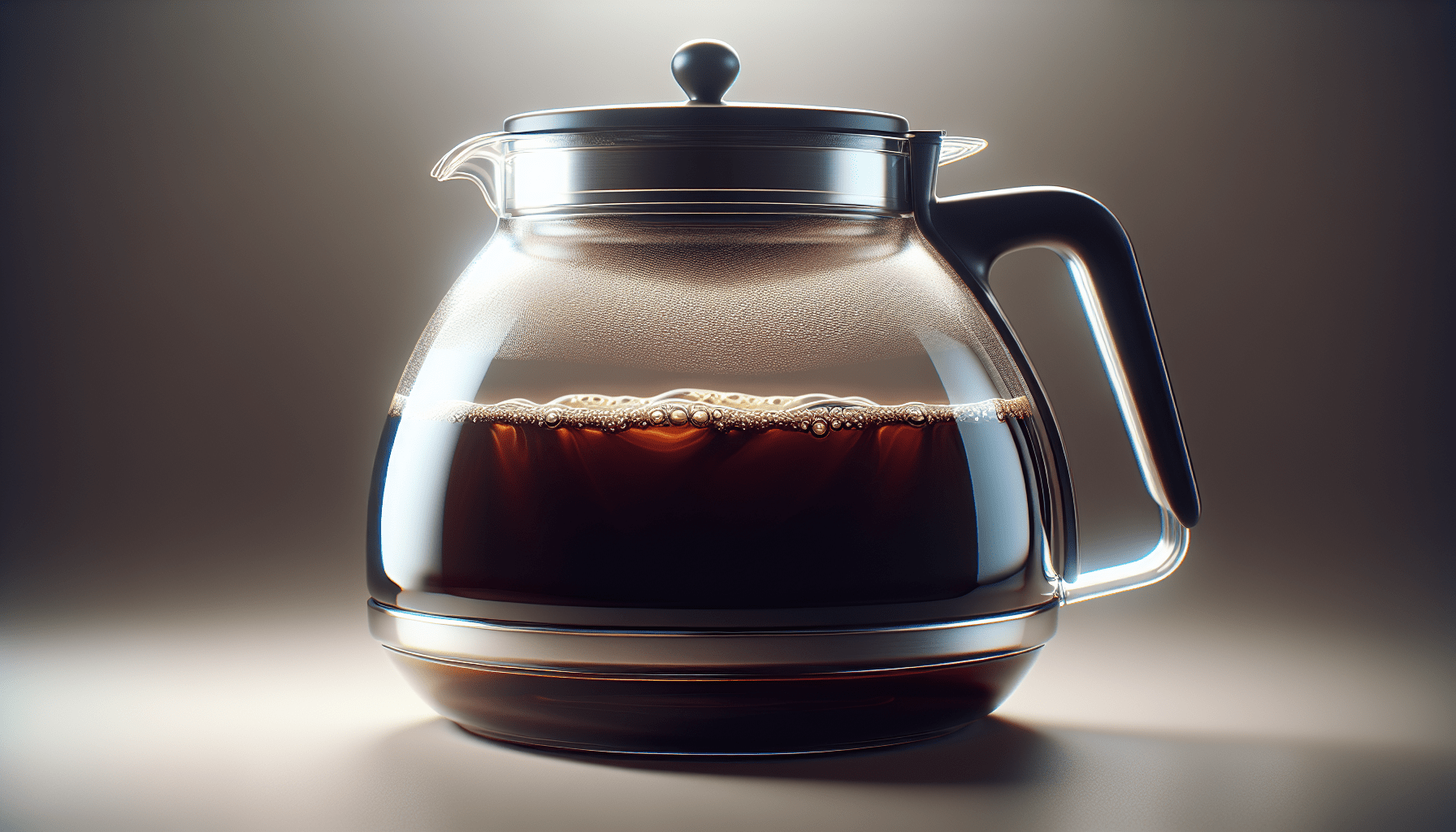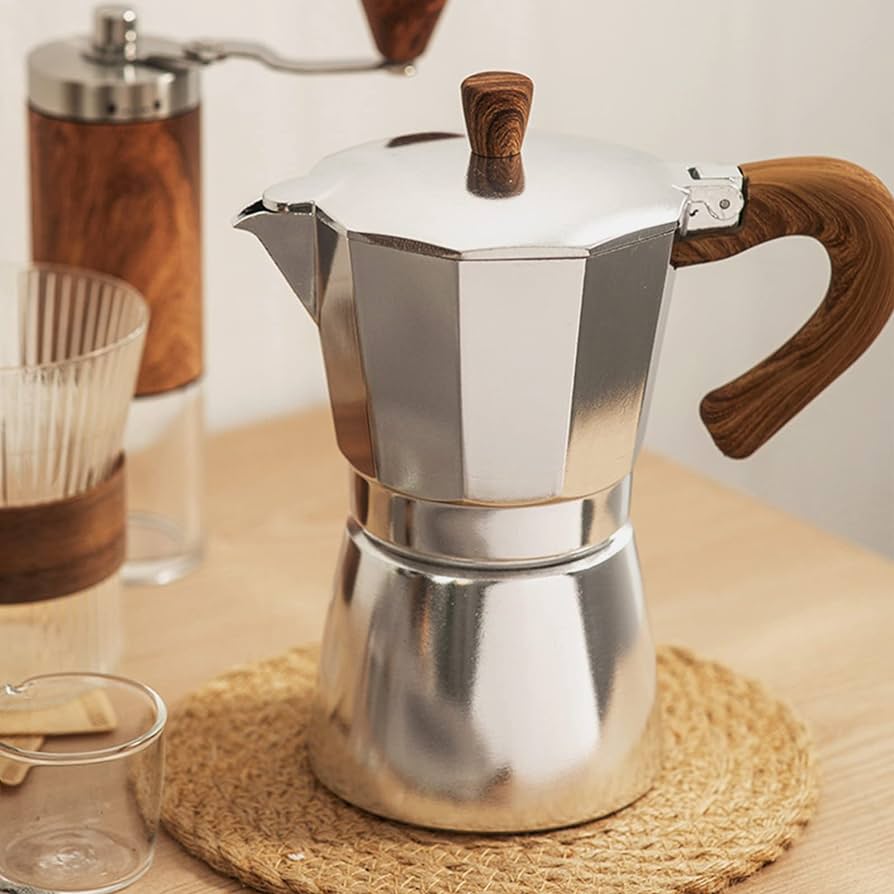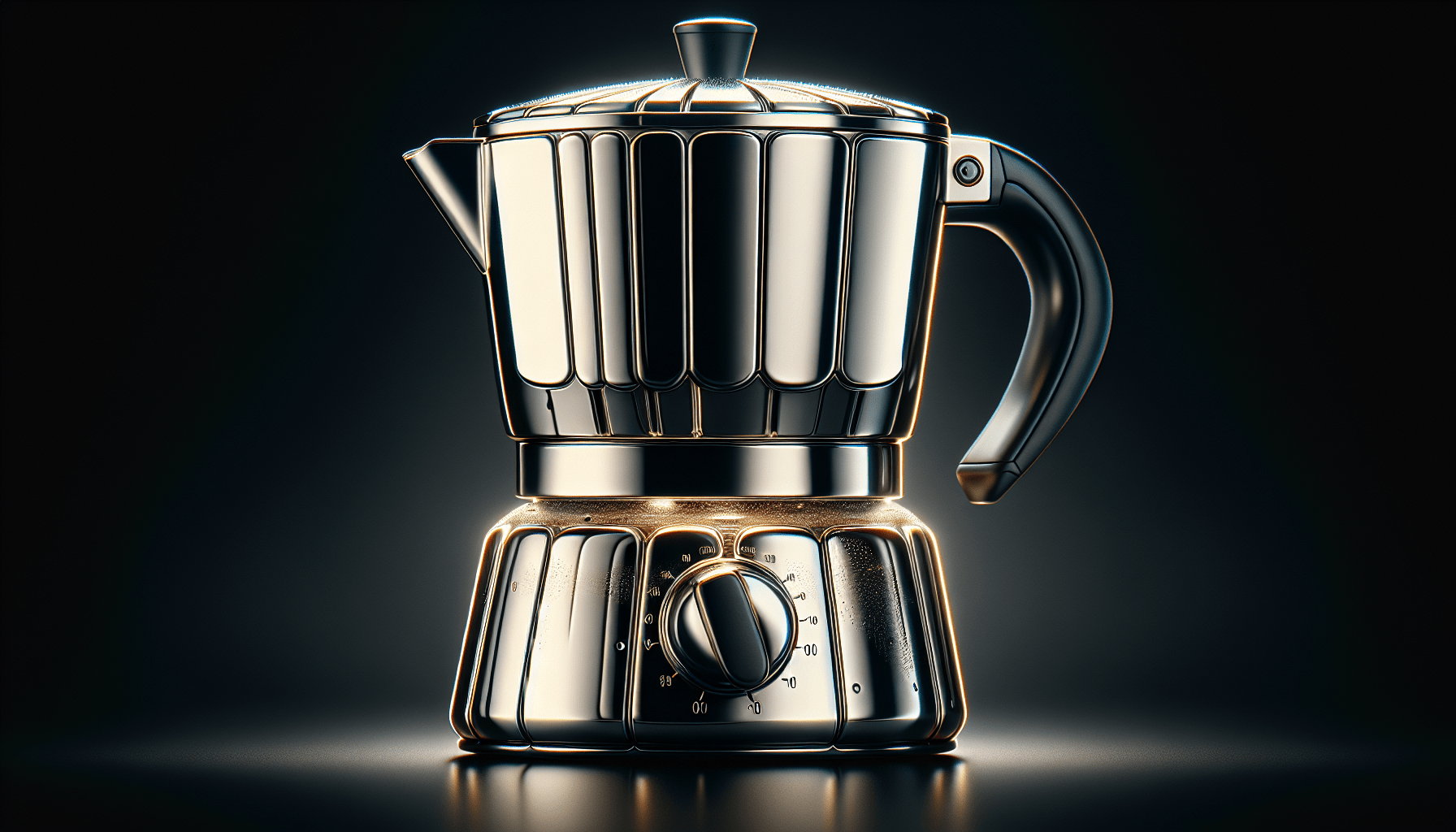In order to prevent your coffee maker pots from developing a metallic taste, it’s important to regularly clean and descale your machine. Using a mixture of vinegar and water to flush out any built-up minerals will keep your coffee tasting fresh and delicious. Additionally, avoiding using harsh chemicals or scrubbing pads when cleaning the pot will help maintain its integrity and prevent any unwanted tastes from seeping into your morning brew. By following these simple tips, you can ensure that your coffee maker pots stay free from any unwanted metallic flavors and continue to provide you with the perfect cup of joe every time. How Do You Prevent Coffee Maker Pots From Developing A Metallic Taste?
Have you ever brewed a fresh pot of coffee, only to be met with a metallic taste that ruins the whole experience? It can be frustrating to deal with, but fear not – there are ways to prevent your coffee maker pots from developing that unwanted metallic taste. In this article, we will explore various tips and tricks to keep your coffee tasting fresh and delicious every time you brew a pot. Let’s delve into the world of coffee maker maintenance together!
Understanding the Cause of Metallic Taste
Before we dive into solutions, it’s important to understand why your coffee maker pots develop a metallic taste in the first place. One common culprit is mineral buildup from hard water. When water with high mineral content runs through your coffee maker regularly, it can leave behind deposits that affect the taste of your coffee. Another factor could be the coffee maker itself, especially if it’s made of metal that can react with the coffee over time. By identifying the root cause, you can take appropriate steps to prevent that metallic taste.
Hard Water and Mineral Buildup
Hard water contains high levels of minerals like calcium and magnesium, which can affect the flavor of your coffee. These minerals can build up in your coffee maker over time, leading to that metallic taste in your brew. Using a water filter system or descaling your coffee maker regularly can help reduce mineral buildup and improve the taste of your coffee.
Coffee Maker Materials
The type of material your coffee maker is made of could also contribute to that metallic taste. Some coffee makers have metal components that can react with the coffee, especially if they’re not properly maintained. Stainless steel coffee makers, for example, are known for their durability but may impart a metallic taste if not cleaned and cared for regularly. Understanding the materials your coffee maker is made of can help you take the necessary steps to prevent that unwanted flavor.
Preventive Measures to Keep Your Coffee Tasting Fresh
Now that we’ve covered the potential causes of a metallic taste in your coffee, let’s explore some preventive measures you can take to keep your coffee maker pots tasting fresh and delicious. These simple tips and tricks can help you maintain the quality of your coffee and prevent that metallic flavor from ruining your morning brew.
Use Filtered Water
One of the easiest ways to prevent a metallic taste in your coffee is by using filtered water when brewing. A water filter system can help remove impurities and excess minerals from your water, improving the overall taste of your coffee. Investing in a good quality water filter can make a significant difference in the flavor of your brew and help you avoid that unwanted metallic taste.
Regular Descaling
Descaling your coffee maker is essential for preventing mineral buildup and maintaining the quality of your coffee. Over time, minerals from hard water can accumulate in your coffee maker, affecting the flavor of your brew. By descaling your coffee maker regularly using a mixture of water and vinegar or a descaling solution, you can remove these deposits and keep your coffee tasting fresh. Refer to your coffee maker’s user manual for specific instructions on how to descale your machine.
Clean Your Coffee Maker Thoroughly
In addition to descaling, it’s important to clean your coffee maker thoroughly to prevent a metallic taste in your coffee. Residual coffee oils and other particles can accumulate in your coffee maker, affecting the flavor of your brew over time. Make sure to clean all components of your coffee maker, including the carafe, filter basket, and brewing chamber, regularly using warm, soapy water. Pay special attention to any metal parts that come in contact with the coffee to prevent that metallic taste.
Choose the Right Coffee Beans
The type of coffee beans you use can also impact the flavor of your brew and contribute to a metallic taste. Opt for high-quality, fresh coffee beans that are roasted to your preferred level to enhance the taste of your coffee. Avoid using stale or low-quality beans, as they can affect the overall flavor profile of your brew. Experiment with different coffee beans to find the perfect blend that suits your palate and prevents that unwanted metallic taste.
Use a Coffee Maker with Glass or Ceramic Components
If you’re consistently experiencing a metallic taste in your coffee, consider using a coffee maker with glass or ceramic components instead of metal. Glass and ceramic do not react with coffee like metal does, so you’re less likely to encounter that metallic flavor. While metal coffee makers are durable and popular, switching to a glass or ceramic option may be a solution if you’re sensitive to the taste of metal in your brew.
Additional Tips for Maintaining Your Coffee Maker
In addition to the preventive measures mentioned above, there are several other tips you can follow to maintain your coffee maker and prevent a metallic taste in your brew. These simple practices can help extend the life of your coffee maker and ensure that your coffee always tastes fresh and flavorful.
Store Your Coffee Beans Properly
To preserve the quality and flavor of your coffee beans, it’s essential to store them properly. Keep your coffee beans in an airtight container in a cool, dark place away from heat, moisture, and sunlight. Avoid storing your beans in the refrigerator or freezer, as they can absorb odors and moisture that affect the taste of your coffee. By storing your coffee beans correctly, you can prevent them from developing off-flavors that contribute to a metallic taste in your brew.
Grind Your Coffee Fresh
For the best flavor and aroma, consider grinding your coffee beans fresh for each brew. Ground coffee starts to lose its flavor and freshness shortly after grinding, so investing in a good quality grinder can make a significant difference in the taste of your brew. Experiment with different grind sizes and settings to find the perfect one for your preferred brewing method and prevent that unwanted metallic taste in your coffee.
Use the Right Grind Size for Your Brewing Method
The grind size of your coffee beans plays a crucial role in the flavor and extraction of your brew. Different brewing methods, such as drip coffee, espresso, or French press, require specific grind sizes to achieve optimal results. Using the wrong grind size can lead to over-extraction or under-extraction, affecting the overall taste of your coffee. Refer to your coffee maker’s user manual or consult with a barista to determine the ideal grind size for your brewing method and prevent a metallic taste in your brew.
Empty and Rinse Your Coffee Maker After Each Use
After brewing a pot of coffee, make sure to empty the carafe and rinse all components of your coffee maker to prevent residue buildup. Leaving coffee grounds or leftover coffee in your coffee maker can lead to mold growth, bacteria, and off-flavors that affect the taste of your brew. Take a few extra minutes to clean your coffee maker after each use by emptying the grounds, rinsing the carafe, and wiping down the brewing chamber to maintain the quality of your coffee and prevent that metallic taste from developing.
Replace Your Coffee Maker When Necessary
If you’ve tried all the preventive measures and tips mentioned above and are still experiencing a metallic taste in your coffee, it might be time to replace your coffee maker. Over time, coffee makers can wear out, especially if they’re not properly maintained or cleaned regularly. Investing in a new coffee maker with updated features and materials can improve the taste of your coffee and prevent that unwanted metallic flavor. Shop around for a coffee maker that meets your needs and preferences to enjoy fresh, delicious coffee every time you brew a pot.
Conclusion
Preventing your coffee maker pots from developing a metallic taste doesn’t have to be a daunting task. By understanding the root causes, implementing preventive measures, and following simple tips for maintaining your coffee maker, you can enjoy fresh and flavorful coffee every time you brew a pot. Experiment with different methods and techniques to find what works best for you and your coffee maker. With a little time and effort, you can say goodbye to that unwanted metallic taste and indulge in the rich flavors of your favorite brew. Start taking care of your coffee maker today and savor every sip of your delicious cup of coffee!




